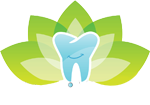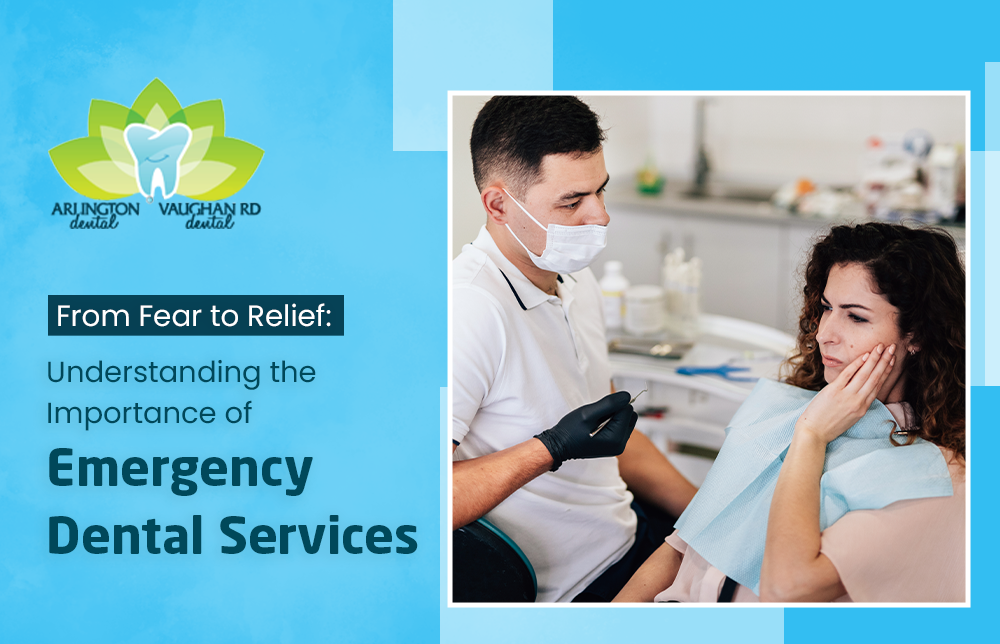From Fear to Relief: Understanding the Importance of Emergency Dental Services
Introduction:
Dental emergencies can strike at any moment, often causing significant pain and discomfort. Whether it’s a sudden toothache, a broken tooth, or an injury to the mouth, these situations can be distressing and require immediate attention. Understanding the importance of emergency dental services is crucial for promoting oral health and providing timely relief to those in need. To know more visit Arlington Dental.
The Importance of Prompt Action:
When faced with a dental emergency, time is of the essence. Ignoring or delaying treatment can lead to worsening symptoms, complications, and even permanent damage. For instance, a small cavity left untreated can progress into a severe infection, requiring more extensive and costly interventions later on.
Emergency dental services offer prompt and efficient care to address urgent oral health issues. Whether it’s during regular office hours or after-hours emergencies, dental professionals are equipped to provide immediate relief and prevent further damage to teeth and gums.
Types of Dental Emergencies:
Dental emergencies encompass a wide range of conditions, each requiring specific interventions. Some common dental emergencies include:
Toothaches: Sudden and severe toothaches can be caused by various factors such as dental decay, infection, or injury. Prompt evaluation by a dentist is essential to diagnose the underlying cause and alleviate the pain.
Broken or Fractured Teeth: Accidents or trauma can result in broken or fractured teeth, exposing sensitive inner tissues and nerves. Emergency dental services can restore damaged teeth through procedures like dental bonding, crowns, or root canal therapy, depending on the extent of the injury.
Knocked-Out Teeth: Losing a permanent tooth due to injury can be distressing, but quick action can increase the chances of successful re-implantation. Patients should rinse the tooth gently, place it back into the socket if possible, or store it in milk or a tooth preservation kit and seek immediate dental care.
Abscesses or Infections: Dental abscesses are pus-filled infections that develop around the root of a tooth, causing severe pain, swelling, and fever. These infections can spread rapidly if left untreated, potentially leading to systemic complications. Emergency dental services include draining the abscess, prescribing antibiotics, and performing root canal therapy to save the affected tooth.
Lost Fillings or Crowns: If a filling or crown becomes loose or falls out, it exposes the underlying tooth structure to bacteria and further decay. Emergency dental care can replace lost restorations to protect the tooth and prevent additional damage.
Providing Comfort and Support:
Dental emergencies often occur unexpectedly, causing anxiety and fear in patients. Emergency dental services not only offer prompt treatment but also provide comfort and support to alleviate patients’ concerns. Dentists and dental staff are trained to handle emergency situations with empathy and professionalism, ensuring patients feel reassured and cared for throughout their visit.
Furthermore, many emergency dental clinics prioritize accommodating patients on short notice, recognizing the urgency of their condition. This accessibility ensures that individuals experiencing dental emergencies can receive timely care without prolonged suffering or inconvenience.
Preventing Dental Emergencies:
While emergency dental services play a crucial role in addressing acute oral health issues, prevention remains the best approach to avoid emergencies altogether. Simple preventive measures can help reduce the risk of dental emergencies, including:
Maintaining good oral hygiene practices, such as brushing twice daily, flossing regularly, and using fluoride mouthwash.
Wearing protective gear during sports or activities that pose a risk of dental trauma, such as mouthguards for contact sports.
Avoiding chewing on hard objects or using teeth as tools to prevent fractures or damage.
Attending regular dental check-ups and cleanings to identify and address potential issues before they escalate into emergencies.
By adopting these preventive measures and staying proactive about oral health, individuals can minimize the likelihood of experiencing dental emergencies and enjoy a healthier smile.
Conclusion:
From sudden toothaches to traumatic injuries, dental emergencies can be both painful and alarming. Understanding the importance of emergency dental services is essential for prompt intervention and relief. By recognizing the signs of dental emergencies and seeking timely care from qualified professionals, individuals can safeguard their oral health and mitigate the impact of unexpected dental issues. From fear to relief, emergency dental services play a vital role in restoring smiles and promoting overall well-being. To know more contact us today.

